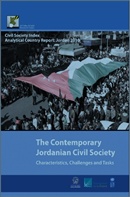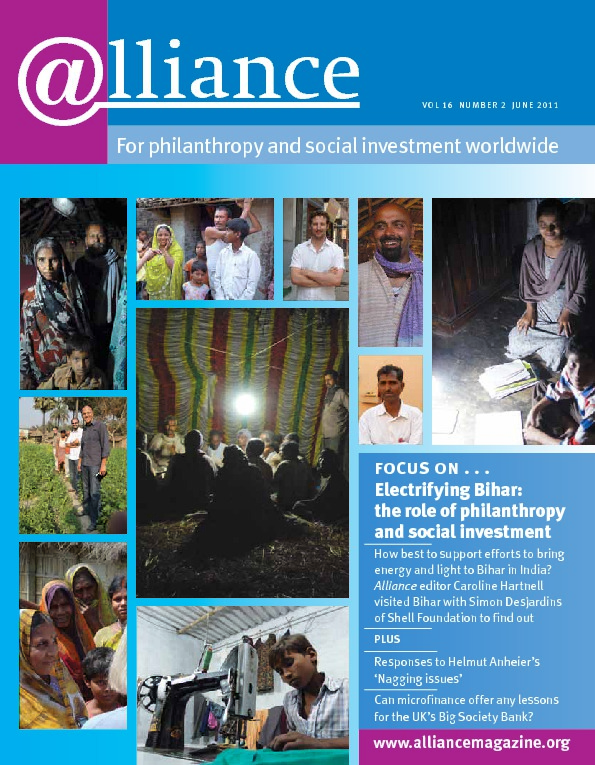CIVICUS: World Alliance for Citizen Participation has recently concluded the 2008-11 phase of its Civil Society Index project, launching 30 new country reports. The reports, which provide a self-critical insight on the state of civil society, paint a worrying picture of gaps within domestic civil society.
Civil society space is seen to be increasingly volatile and contested, with some countries reporting new restrictions and the politicization of debate and others seeing new opportunities created by supranational forces such as EU accession processes.
 Even then, such opportunities are often frustrated by capacity challenges. Of these, human resources are seen to be the most pressing. While networks offer a source of strength, there are issues of competition, not least between large, urban CSOs and smaller, rural ones. Civil society is prepared to be refreshingly self-critical, aware that it does not sufficiently enshrine values that people expect of it, such as democracy and transparency. Also, the amount of energy and resources expended on policy advocacy is not producing a proportionate effect, with high levels of activity generating low levels of policy shift, compared to a much greater appreciation of the social impact of CSOs.
Even then, such opportunities are often frustrated by capacity challenges. Of these, human resources are seen to be the most pressing. While networks offer a source of strength, there are issues of competition, not least between large, urban CSOs and smaller, rural ones. Civil society is prepared to be refreshingly self-critical, aware that it does not sufficiently enshrine values that people expect of it, such as democracy and transparency. Also, the amount of energy and resources expended on policy advocacy is not producing a proportionate effect, with high levels of activity generating low levels of policy shift, compared to a much greater appreciation of the social impact of CSOs.
The findings also suggest a participation deficit, with little public participation in CSO activities, compared to higher participation in informal forms of association. The challenge that seems to emerge for CSOs is to work better with informal forms of civic activism, including both traditional forms of association and new online activism.
Finally, the CSI findings suggest a need for many CSOs to reaffirm the legitimacy they derive from their proximity to a popular base. CIVICUS is publishing an overview of key themes to come out of this process of national reflection and assessment.
To download the reports and analysis
http://civilsocietyindex.wordpress.com






Comments (0)